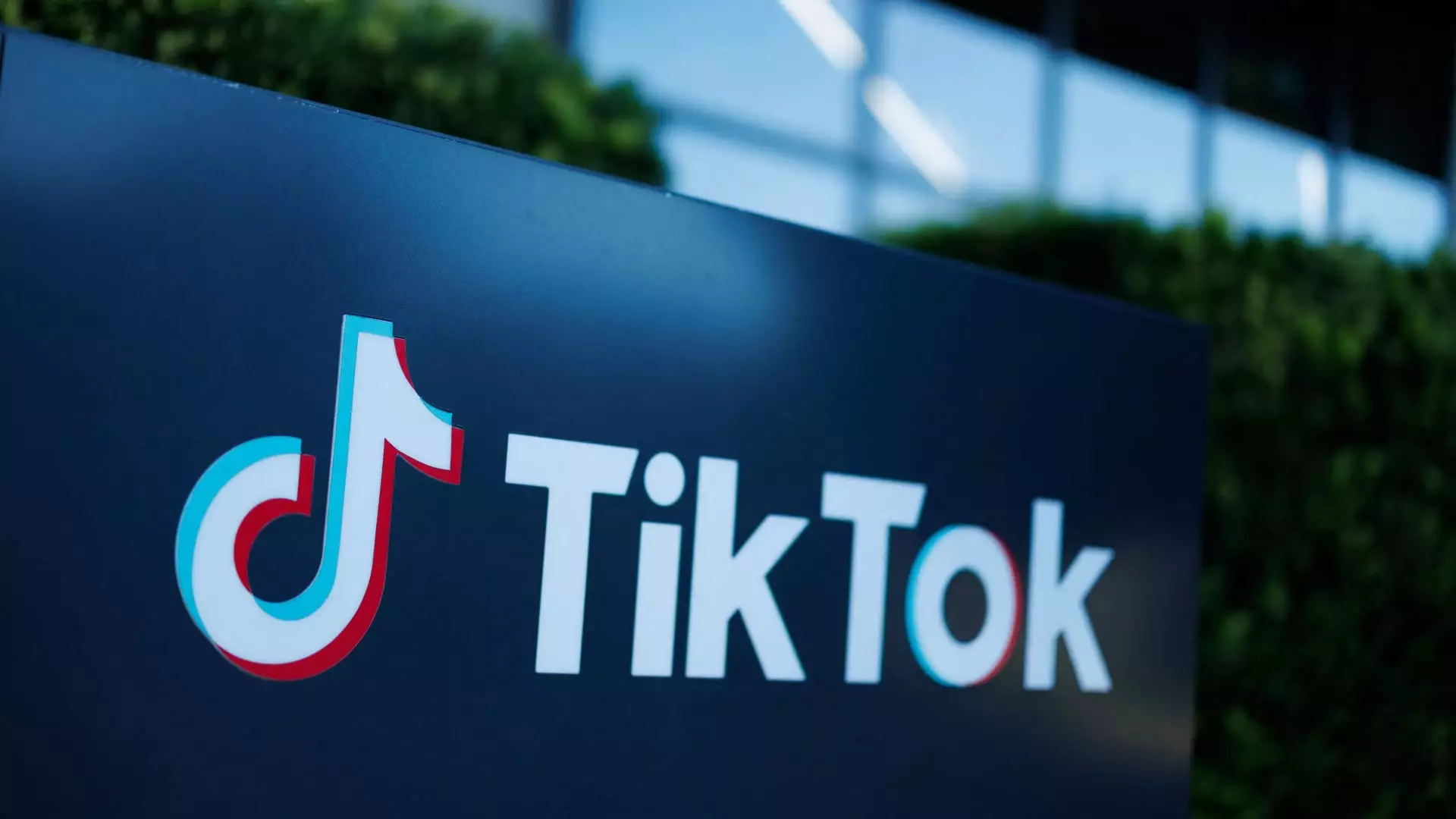In recent years, TikTok has emerged as a titan in social media, particularly among younger audiences. However, it is now facing significant scrutiny from a coalition of state attorneys general, primarily due to accusations centered around its practices involving virtual currency. The most noteworthy allegation, brought forth by Brian Schwalb, the attorney general for the District of Columbia, accuses TikTok of manipulating financial transactions involving children under the guise of gaming and social interaction. This lawsuit raises alarming questions about the ethics and legality of the company’s business model, especially as it pertains to its unregulated in-app currency.
According to the lawsuit, TikTok operates a digital currency system with an alarming lack of transparency and oversight, likened to casino chips in a gambling establishment. The accusation has serious implications, as the app is alleged to encourage children to spend real money on TikTok Coins, which are then traded for digital gifts during live-streaming events. Such transactions are designed to financially benefit content creators, while TikTok allegedly retains a commission of up to 50% from these exchanges.
The suit emphasizes that TikTok has failed to secure the necessary licenses for facilitating these financial transactions, specifically violating the District’s money transmission laws. The apparent ease with which children can navigate these transactions—often circumventing weak age-verification protocols—highlights a systemic issue with how the platform protects its younger users. Here, TikTok could be accused of prioritizing profits over the well-being of its most vulnerable user demographic.
Gabriel Robins, a professor of computer science, draws parallels between TikTok’s operations and established patterns in the gaming industry. Digital currencies, once relegated mainly to video games, have begun to infiltrate social media platforms, creating complex marketplaces that tempt users into spending real money. This phenomenon is particularly concerning given that children and young adults may not possess the financial literacy required to understand their spending behavior entirely.
Robins highlights that the intricate structures of these marketplaces, often masquerading as innocent and playful, can create an illusion of safety, which makes it easier for companies to exploit naive users. This manipulation is not just unethical; it poses direct financial harms to children who may not grasp the real-world value of the money they are spending. As such, the need for regulations that can safeguard minors from these exploitative practices becomes increasingly urgent.
The lawsuit may serve as a critical catalyst for change within the social media landscape. Brooke Erin Duffy, a communication professor at Cornell, suggests that this legal action could inspire other platforms to reassess how they handle economic transactions. As the digital economy continues to grow, ensuring safe and responsible practices will be imperative for maintaining user trust and protecting vulnerable audiences.
Furthermore, as more tech companies turn towards monetizing user-generated content, this lawsuit might escalate calls for additional regulatory scrutiny. Legal compliance may soon become a focal point of business strategies as companies strive to align with consumer protection laws while maintaining profitability.
In light of these allegations, it becomes essential for both lawmakers and tech industry leaders to address the inherent risks associated with unregulated digital currencies. Proactive measures must be undertaken to establish clear guidelines that would secure the financial interests of younger users. Whether through rigorous age-verification processes or licensing requirements for financial transactions, there is a compelling need for policies that will hold companies accountable.
As TikTok prepares to face the allegations head-on, the wider implications of this lawsuit resonate deeply—highlighting the need for comprehensive reforms in how digital platforms interact financially with their young user base. Creating a more responsible digital marketplace will not only benefit consumers but also contribute to the overall integrity of the social media industry. The time for action is now, and it is imperative that the lessons learned from this case steer future regulatory initiatives.


Leave a Reply